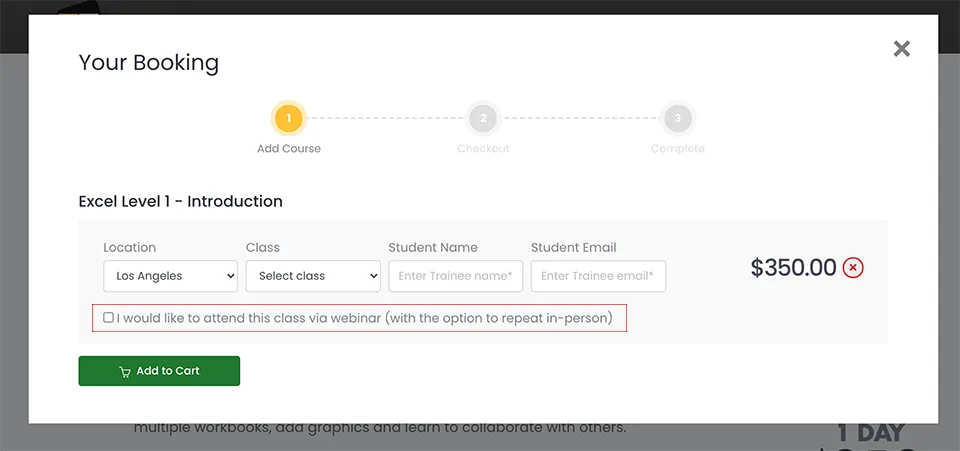Spelling and Grammar Tips
The building blocks of writing, whether for business or social purposes, are words. Failure to use words properly can affect the overall impact of your prose. In this article we will discuss the spelling of words and grammar issues in writing.
Need to improve your Business writing skills? Why not join one of our business writing workshops. Call us on 888.815.0604 for more information.

Spelling
The use of correctly spelled words is important in all business writing because you are presenting a professional document. A misspelled word can reflect negatively on your image. It may also result in confusion in meaning.
Here are some tips to improve spelling issues when writing:
-
Familiarize yourself with commonly misused words, particularly sets of words often mistaken for each other.
Example: Affect vs. Effect
Affect is to influence or change. (Our income has been affected by the global recession.)
Effect is the impression, result. It can also mean ‘to cause’. (The global recession has a dramatic effect on our income.)
This problem also happens with pronouns or pronoun-linking verb contractions which sound alike. Examples: who’s vs. whose, their vs. they’re and your vs. you’re.
- Make sure you pronounce words properly. Colloquial pronunciations can cause people to omit certain letters in writing. Example: writing ‘diffrence’ instead of ‘difference’ because one pronounces this word with a silent first e.
- Note some friendly rules on spelling. Example: i before e, except after c (e.g. receive, belief)
- If you’re writing for an international audience, note that there are acceptable spelling variations in the different kinds of English. For example, American and British English tend to have many differences in the spelling of the same words. Notable are the use of -ou instead of -o, as in colour vs. color; -re instead of -er, as in centre vs. center; -ise instead of -ize, as in realise vs. realize.
- Lastly, use spelling resources! These days, spell checking is as easy as running a spell check command on your word processing software. If you’re still uncertain after an electronic spell check, consult a dictionary.
Also see 10 commonly misused Words and Phrases.
Grammar
Grammar details rules of language syntax. Like spelling issues, grammar violations in a business document can reflect negatively on a professional or a company. Care should be given that all business documents are grammatically correct.
Here are two grammar issues most business writers have trouble with.
NOTE: All grammatical rules discussed here have exceptions and complex forms.
-
Subject-verb agreement: Singular subjects go with singular verbs, and plural subjects go with plural verbs. The singular form of most subjects contains the suffix -s or -es. The opposite is true for verbs; it’s the singular verbs that end with -s.
Note though that some subjects have unusual plural forms (e.g. medium- media, man-men, etc.)
- Verb tenses: Modern English has six tenses, each of which has a corresponding continuous tense. The first three: present, past and future are less problematic.
The other three tenses, perfect, past perfect, and future perfect, are formed with the helping verbs have, has, and had. Perfect tense is used to express an event that happened in the past, but still has an effect on the present. Example: Mr. Michael Johnson has managed this company for the past 5 years. Past perfect tense is used to express an event that took place before another action, also in the past. Example: Mr. Myers had been sitting on a meeting when the client called. Future perfect tense is used to express an event that will have taken place at some time in the future. Example: I will have finished by 10pm.
In business writing, there are standard tenses used depending on the type of document you are writing. Business cases may be written in past or future tense depending on whether the purpose is to discuss how a project was executed, or propose how it would be executed.
Verb tenses can also vary within the same business document. The Organization Overview section of a proposal may be written in perfect tense, while the Financial Projection Section written in present tense.
Visit our Business Skills Resources Library.
Emails and Acronyms
While online mediums of communication have developed their own vocabulary, it’s best to remember that business emails should have the same formality as any business letter.
Here are some key things to remember with regards to grammar and the use of acronyms in an email.
- Always follow the rules of good grammar. You may refer to English writing style guides for these rules.
- Always use full sentences and words with proper sentence structure. Don’t use text-speak.
- Example: use “The reports are due on Monday.” instead of “D reports r due Mon”
- Proper capitalization and punctuation are a must! In email, all caps give the impression that you’re shouting, and small caps are hard to read. Example: use “The report should include an evaluation report.” Instead of “The report SHOULD INCLUDE AN EVALUATION REPORT.
- In business emails, avoid text-speak abbreviations such as BTW (by the way), IMHO (In my honest opinion,) and LOL (laugh out loud). Avoid the use of emoticons, as well.
Also read How to write a Business Proposal
